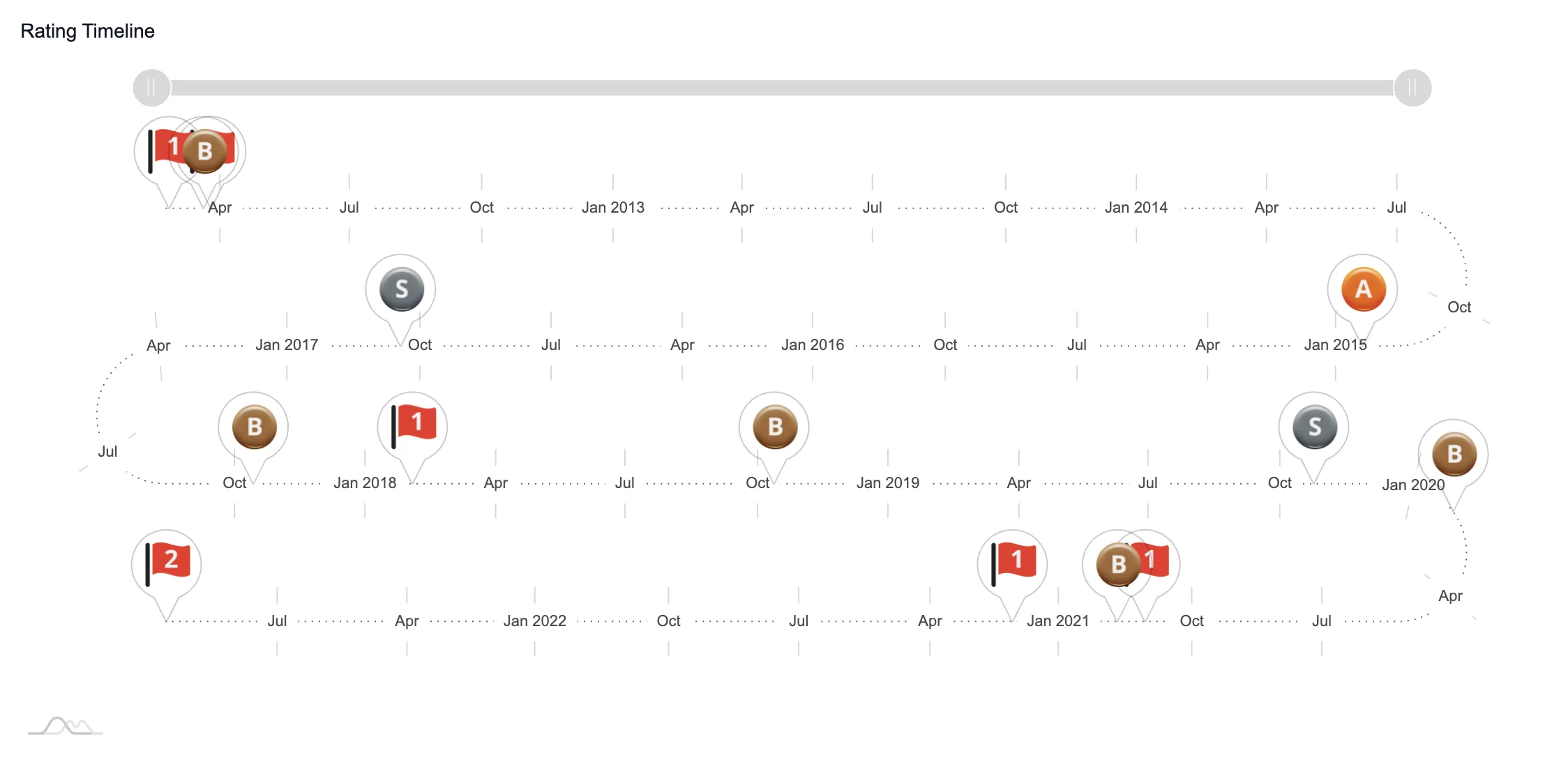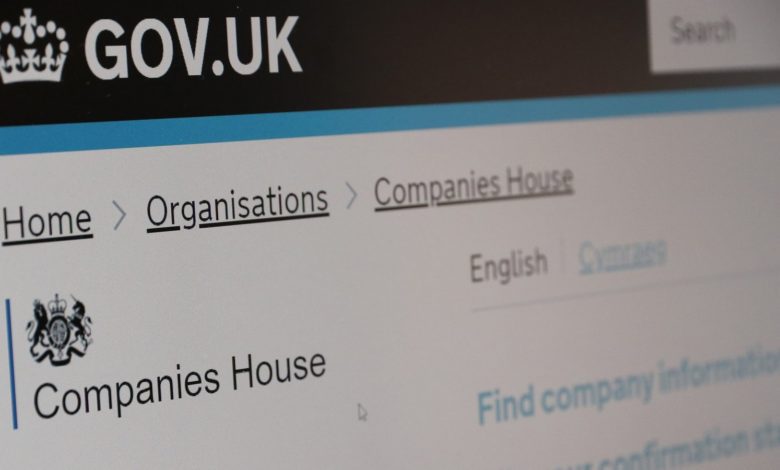Comprehending Compulsory Strike Off: What You Required to Know
Comprehending Compulsory Strike Off: What You Required to Know
Blog Article
Complying With Regulatory Commitments: Trick Factors for Compulsory Strike off Execution
Navigating the landscape of regulatory obligations can be an intricate endeavor for organizations. When it concerns the execution of required strike off procedures, making sure compliance with the essential requirements is vital. From thorough documentation techniques to aggressive interaction with regulatory authorities, there are vital aspects that companies must think about to browse this procedure effectively. By comprehending the subtleties of regulative compliance and the effects of non-compliance, companies can protect their procedures and online reputation.

Regulatory Conformity Evaluation
When performing a regulative conformity evaluation, it is necessary to systematically review and assess all relevant regulations, regulations, and guidelines that refer to the certain industry or procedure in concern. By extensively taking a look at the lawful structure, businesses can make certain that they understand their commitments and are geared up to support the essential criteria set forth by regulative bodies.
During the assessment process, it is critical to identify any type of voids between existing techniques and governing needs. This gap analysis enables companies to identify areas of non-compliance and take rehabilitative activities to alleviate risks. first gazette notice for compulsory strike off. Carrying out an extensive review makes it possible for firms to develop internal controls and procedures that straighten with governing assumptions.
Moreover, a governing compliance analysis works as a positive step to protect against prospective infractions that might cause expensive penalties or reputational damages. By staying abreast of governing adjustments and constantly evaluating their conformity condition, businesses can promote a society of adherence to honest standards and lawful requirements. Inevitably, a complete regulatory compliance analysis is foundational in advertising operational stability and sustainability.
Documents and Record-Keeping
Ensuring meticulous documentation and accurate record-keeping techniques is a keystone of regulatory conformity in any type of market. Correct documents not just aids in fulfilling legal needs however additionally acts as an important tool for interior surveillance and decision-making processes. Organizations must establish durable systems for recording key activities, transactions, and decisions to make sure openness and responsibility.
Preserving exact documents is essential for demonstrating compliance throughout governing audits or investigations. Records needs to be arranged, conveniently available, and kept for the needed period according to regulatory standards. Applying a centralized electronic document monitoring system can simplify record-keeping processes, boost information safety and security, and minimize the danger of info loss or meddling.
Normal audits of paperwork techniques are crucial to identify gaps or incongruities that can cause compliance issues. Educating staff members on appropriate record-keeping procedures and data defense procedures is likewise necessary to maintain regulative standards. By focusing on careful documentation and record-keeping, companies can proactively alleviate compliance threats and promote a culture of accountability and integrity within the business.
Timely Submission of Information
Appropriate documentation and record-keeping techniques lay the foundation for governing compliance; in a similar way, timely entry of reports is vital in demonstrating adherence to established protocols and fulfilling reporting obligations. Timely entry of records ensures that regulative bodies receive up-to-date and accurate details about the entity's procedures, monetary standing, and compliance with relevant legislations and policies.
Failing to send records in a timely manner can result in fines, penalties, or various other enforcement actions. It can additionally raise suspicions about the entity's general conformity culture and governance practices. To assist in prompt entries, companies must develop clear coverage timelines, assign adequate resources for record prep work, and execute robust internal controls to keep track of due dates and make sure precision.
Additionally, timely submission of records enhances transparency and accountability, promoting count on with stakeholders, consisting go of financiers, regulatory authorities, and the general public. It signifies a dedication to excellent governance practices and regulative compliance, which can positively impact the entity's reputation and reputation in the marketplace. By prioritizing the timely entry of reports, organizations show their look at these guys devotion to running with integrity and based on appropriate laws and laws.
Financial Transparency and Responsibility
Showing financial openness and responsibility is important for cultivating trust fund and reputation within a company's stakeholder community. compulsory strike off. By giving clear and exact monetary details, business can display their commitment to ethical practices and sound administration. Transparency in financial coverage allows stakeholders to examine the company's performance, make informed decisions, and hold administration answerable for their activities
To make sure economic openness, firms should follow bookkeeping standards and laws, precisely record monetary transactions, and divulge details in a prompt way. Regular audits by independent 3rd parties can even more confirm the precision and integrity of monetary declarations. Additionally, executing interior controls and partition of tasks can aid stop fraud and mistakes, improving general accountability.
Efficient communication of financial details with annual records, financier presentations, and stakeholder conferences is vital for preserving transparency. Companies should engage with stakeholders, address concerns, and respond to queries quickly to build trust fund and reinforce relationships. Ultimately, a dedication to economic transparency and liability not just satisfies governing requirements yet also boosts the organization's online reputation and sustainability.
Communication With Regulatory Authorities

Furthermore, positive communication can help attend to potential conformity issues before they rise, consequently preventing more substantial regulative issues in the future. Normal dialogue with regulatory authorities additionally allows organizations to stay educated concerning any type of changes in guidelines or reporting requirements, enabling them to adapt their practices accordingly. By maintaining open lines of interaction and quickly resolving any inquiries or requests from regulative authorities, companies can browse the regulatory landscape better and support their dedication to conformity and accountability.

Final Thought
Finally, making sure compliance with regulatory obligations is vital for the effective execution of required strike off procedures. By conducting routine assessments, maintaining thorough documents, sending records immediately, exercising monetary transparency, and connecting efficiently with regulative authorities, companies can minimize the threat of facing penalties or being struck off. It is vital for entities to support their responsibilities and stick to regulative requirements to avoid any kind of unfavorable effects.
Ensuring meticulous paperwork and exact record-keeping techniques is a foundation of regulative conformity in any type of sector.Amidst the imperative of keeping financial transparency and responsibility, effective communication with regulatory authorities stands as an essential aspect in promoting organizational conformity and integrity. Timely and transparent communication with governing bodies fosters depend on and demonstrates a dedication to regulatory compliance, which is crucial for the smooth procedure of any company. Providing accurate and total info ensures that governing bodies have a thorough understanding of the organization's activities and can make educated decisions concerning compliance issues.
By maintaining open lines of interaction and quickly dealing with any type of questions or demands from governing authorities, companies can browse the governing landscape a lot more effectively and maintain their commitment to compliance and accountability.
Report this page